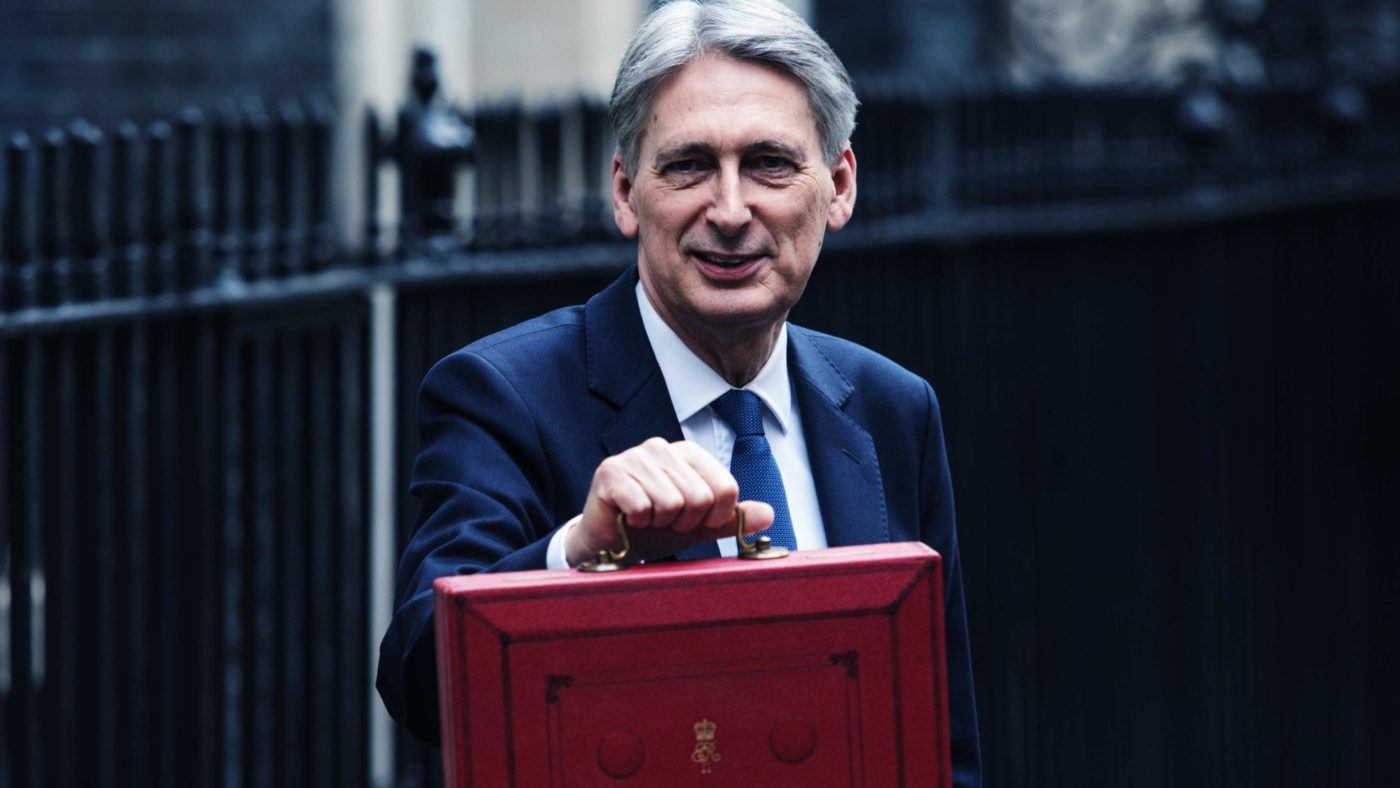Blah, that is all one can say about the Budget. I have been excitedly scribbling about and analysing Budgets for 20 years and for the first time I can find nothing meaningful to say about one. There was very little in it of consequence. Nothing much to excite or to make you indignant.
I am not alone. As the Institute of Directors said, it was a “move along, nothing to see here” Budget.
For those who came to dread the hyperactivity of Philip Hammond’s predecessors George Osborne and Gordon Brown, this was surely a relief.
The lack of anything eye-catching is, of course, from a political perspective, entirely the point. Mr Hammond is an effective and confident steward of the public finances and with the Brexit negotiations likely to start imminently, he evidently wants to take no risk with them. He even cracked some good jokes at Labour’s expense: “It was called the last Labour government for a reason”, eliciting a rare chuckle from Theresa May.
Growth is better than expected and certainly better than most commentators (usually of a Remain persuasion, including in the Treasury and Bank of England) predicted. Hence revenues are mildly better too. He has hit the self-employed and business owners a bit, but that is partly offset by already-announced corporation tax cuts and relief on business rates.
He has then decided to spend a little bit extra on the NHS, social care and free schools, including new faith and grammar schools. There was something about pubs. And that was it. Blink, and you would have missed it.
What about the really big issues facing the British economy? The inbuilt generational unfairness in the tax and spending system? The failure to generate private-sector infrastructure investment? The distorting effects of quantitative easing and ultra-low interest rates? Disappointing business investment? The inability of the NHS to cope with an ageing population? The massive defaults in the student loan book? The lack of ships for the Royal Navy? The erosion of the tax system so it is now dependent on just a few hundred thousand higher rate taxpayers? The bonkers stamp duty system? The list goes on and on.
Nothing.
The really big question is, therefore, why is there an empty hole where genuine, Conservative zeal for economic reform, self-improvement, progress and enterprise ought to be?
There are those who will say that it is all part of a political cunning plan to keep the Treasury’s powder dry in case there is need for a sudden election or should Brexit go wrong. Thankfully, Mr Hammond has resisted those who demand he spend more.
The fear, however, is that it betrays something deeper. Despite her Miss Marple-like solidity and commendable moral seriousness, maybe Theresa May simply isn’t much interested in the traditional Tory themes of economic reform, markets, enterprise or wealth creation. Nor is any of her team. In that sense, those who wish to compare her to Margaret Thatcher need to think again.
Her Chancellor, despite his own background as an entrepreneur, is prepared to go along with it all and to not rock the boat.
Yet it is a pity that Mr Hammond doesn’t seem willing to tackle the Treasury orthodoxy, whereby managing the economy is principally about a collection of bright young civil servants tinkering with the Budget Measures table in early March and feeding the post-match analysis of the policy wonks who dwell in the noisier and worthier economic think tanks. “Ooh, look, inequality has improved slightly for households in the eighth percentile.” Thank you for pointing that out.
As for the rest of us who fondly remember the Howe and Lawson Budgets of the 1980s, who hanker after an optimistic desire to unleash the economy’s animal spirits in order to address the challenges of modern Britain, and to seize the abundant opportunities, it is all, well, a bit Blah. More vision please.


